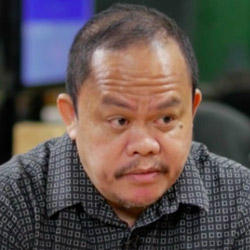![]()
(Former foreign secretary Albert del Rosario delivered the following remarks at the ADR Institute on December 7, 2018.)
As we contemplate what is happening around us, we find ourselves being bombarded every day with news and images of a world seemingly out of control. There seems to be across the board disruptions in so many fields at the same time. Long stable countries have disintegrated internally. Old alliances are being called into question. A large-scale trade war is unfolding between major economic powers.
These trends raise both troubling and obscure questions. Are we on the verge of another nuclear arms race cycle? How will we fare in the struggle for global economic dominance among some of our closest foreign trade and investment partners? What must we do to manage the inevitable onslaught of the results of the new wave of artificial intelligence captured in the Fourth Industrial Revolution? Is it possible to have better global migration governance with hundreds of millions of our people on the move, involving millions of our own OFWs?
It is easy to be overwhelmed. One of the distinctive features of our present times is growing uncertainty. It would not be too much of an exaggeration to say that we are at the dawn of an Age of Uncertainty. The comfortable policy certainties of the past have evaporated. We can no longer rely exclusively on historical lessons.
Our Ship of State now has to navigate uncharted waters that are broader and more perilous than perhaps at any other time in the past half-century. We must choose our course carefully. We must ensure that our Ship of State is seaworthy. And our seamanship has to be the best we can provide.
With the daunting challenges to our foreign policy, our prime objective is to assert our rightful place in the community of nations. It starts and must end with the global observance of the rule of law.
On an independent foreign policy
To pursue an independent foreign policy should not be a zero sum game. It is not a simple choice between war or peace but about initiating new friendships and strengthening old ones in the spirit of sovereign equality.
![TOAST. Chinese President Xi Jinping (L) and President Rodrigo Duterte (R) raise a toast during a state banquet in Malacanang on November 20, 2018. Photo by Mark Cristino/PoolAFP]()
It is of utmost importance that we should stand strong in being able to deliver the main pillars of foreign affairs:
First is National Security. The Philippines has to be able to ensure its territorial integrity and independence as a nation-state. Its integrity as a state can and has been threatened externally and internally. Sovereignty is the touchstone of our actions, whether in defense of our maritime territory, or to protect against domestic terrorists, separatists and insurgents.
Second is enhancing Economic Diplomacy. The Philippines is a developing nation with a growing population in Southeast Asia. Whereas in earlier years, Southeast Asia had been beset by conflict and instability, it is now known as the home of ASEAN, the fastest growing region in the world.
As a developing nation, the primordial concern for us is to promote inclusive growth, expand decent employment, improve technological capabilities and elevate the general standard of living of the people. This can best be done through improving the country’s competitiveness in the context of a policy of economic openness and regional integration.
But, in pursuing economic growth, we should not put all our eggs in one basket. We need all the help we can get; and we need all the partners we can find.
Third is preserving the rights of our overseas Filipino workers. The total number of international migrants in the world is estimated at some 280 million people. The Philippines accounts for only about 10 million of those, but these have been vital for the economic well-being for our country. Hence, there must be continuing emphasis in Philippine foreign policy on protecting the rights and welfare of migrant Filipinos and, by extension, its profound interest in securing bilateral, regional and international migration governance cooperation.
There is yet a fourth, intangible but fundamentally important wellspring of our foreign policy. And that is the values by which we aspire to live as a nation. We see ourselves as an emerging democracy with a proud national tradition not only of fighting for freedom, but endeavoring to ensure that such freedom provides a better life for our people.
The liberty and rights we cherish as a free people inform much of our action on the international stage. From these fundamentals we forged our stance of friendship for all who seek to be our friends, of cooperation with like-minded nations, of the renunciation of war as an instrument of national policy, of respect for international law covering many areas including non-aggression, sovereignty, the peaceful resolution of disputes, adherence to the rule of law in international relations, human rights, climate justice, and humane conditions for migration.
These democratic values moved us to become a Charter Member of the United Nations and a founding member of ASEAN, APEC and other groupings aiming to promote closer understanding, mutual benefits and progress overall through the peaceful avenues of diplomacy, commerce, economic integration, functional cooperation, and peaceful exchanges of all kinds.
On national security, national development, and overseas Filipinos
These then are the guiding pillars, priorities or focal points of Philippine foreign policy: national security, national development, and overseas Filipinos. Philippine foreign policy, therefore, must continue to navigate through the problems and issues of international relations with these focal points, often interlinked with one another, as the principal guides for action.
In a world beset by growing uncertainties, our diplomacy must in general support national development while helping to secure stability, security and peace at home, within our immediate region and if at possible, globally as well. Philippine diplomacy has long assisted our security agencies in the major tasks of combating internal insurgency and terrorism. The spread of violent extremism after 9/11 has not stopped. Modern terrorism is transnational as well as increasingly cyber-enabled.
We must continue to seek counter-terror assistance in the form of capacity-building, training, intelligence sharing and other measures with the United States, our Mutual Defense Treaty (MDT) ally, and other partners nearby and further afield, as well as in regional and multilateral organizations. No country can defeat modern terrorism on its own so cooperation with other states will remain a national security priority.
In addition, Philippine diplomacy has sought to be instrumental in aiding the country’s military modernization for external defense to protect our maritime territories. However, with our defenses being modest, our country must be more committed to the peaceful resolution of disputes in accordance with the rule of law.
On upholding The Hague ruling
This was why the Philippines chose to go for arbitration in trying to manage the South China Sea dispute. Arbitration is fully consistent with international law, the United Nations Charter and the United Nations Convention on the Law of the Sea. Our legal position was found to be sound and the international arbitration tribunal ruled against Beijing’s so-called Nine-Dash Line, which by claiming virtually the whole South China Sea, was the principal source of this dispute.
For countries like the Philippines, international law remains as the great equalizer among states.
This legal victory for the country is, not only of great significance to the Philippines, but it also defends the applicability and hence stability of UNCLOS. The tribunal outcome has now become an integral part of international law. For countries like the Philippines, international law remains as the great equalizer among states.
There have been many unlawful acts of aggression committed by China in the South China Sea including illegal reclamation, degrading of marine environment, interference of petroleum activities of Philippine commercial vessels within Philippine EEZ, interference of Filpino fishermen within Philippine EEZ. Militarization of artificial islands, violating agreements on marine safety and directly confronting our President with the threat of war.
Violations should be protested as these are hard-earned gains of the Filipino obtained from the outcome of the tribunal. The Philippines should seek a resolution from the UN General Assembly to ask China to abide by the arbitral ruling. We can pursue multilateral cooperation and support through ASEAN, EAS, ARF while at the same time utilizing bilateral engagements.
Senior Associate Justice Antonio Carpio will be able to add to this list of options in addressing China’s unilateralism.
On ASEAN
Our most critical foreign policy project has been ASEAN and its many mechanisms and other regional bodies especially APEC. The reasons are compelling. Southeast Asia is our home region. It is where we find our closest neighbors. Southeast Asia, moreover, is part of East Asia and the Western Pacific, a part of the world where vital interests of all other major world powers, and our largest economic partners, intersect.
Despite storm clouds gathering on the trade front, and the slowing down of global growth, East Asia and ASEAN still face very good economic prospects. If only investments can be mobilized and properly channeled to where they are most needed, such as in expanded and refurbished transportation networks, urban renewal and greening the economy.
On the US-China Cold War
The advent of the Trump Administration and China’s rising power have generated challenges we must face. Fortunately, we seem to have had measured progress on the Korean Peninsula. But there are other problems.
There continue to be flareups in the South and East China Seas. And most recently, there is now the possible danger of a renewed nuclear weapons race which may affect the Asia-Pacific.
It is believed that there is now a cold war between the US and China encompassing not only trade and cyber but also a renewed build-up of military capabilities.
We have to encourage dialogue and trust-building among the major powers to shield our region from their rivalry. This can be done by providing venues to reinforce our areas of common interest in stability, security and interchange. It is in this context that the Philippines needs also to maintain our external security links with the United States, our only mutual defense treaty ally, and with like-minded countries such as Japan and Australia.
Keeping our defense ties strong is not taking sides. It is a conservative position conducive to stability. It is important for us that a regional security balance be maintained and that we avoid the unexpected. The status quo need not be static, but a dynamic balance is needed to account for everyone’s strategic concerns.
There are other areas where the benefits of regional cooperation are more clearly evident. These include counter-terrorism, anti-money laundering, education to fight against extremist ideologies and other transnational crimes. In addition, we can seek from our partners more access to modern technologies and know-how to confront the negative effects of climate change, address extreme weather, and handle marine ocean pollution, over-fishing and the depletion of maritime resources and to clean up our cities.
On the United Nations
These and many other complex issues, however, need global and not just regional management. It is for this reason that Philippine diplomacy reaches out to the international level, principally the United Nations System. We must do so even in the face of attacks against the multilateralism symbolized in the United Nations.
Attacks against the multilateralism symbolized in the United Nations are not in our favor. The United Nations and other international organizations give developing countries like the Philippines a forum where their views can be heard and where they can combine their numbers to really help shape global outcomes. We need the United Nations so that the strong and powerful might perhaps be persuaded to find their interests together with ours. At the present time, when the world order seems to be fracturing, we should reform the United Nations, not wreck it.
![UN General Assembly. The UN General Assembly at the opening meeting of its seventy-first session, on September 12, 2017. UN Photo/Kim Haughton]()
At any rate, the three pillars of our foreign policy – national security, economic development, protection of Filipinos overseas – are covered at different angles in our multilateral agenda centered on the UN system. National security, broadly speaking, is covered by the UN’s efforts in nuclear disarmament, other arms control, counter-terrorism, counter-illegal narcotics and prevention of other transnational crimes.
Socio-economic development must remain to be a major focus of the Philippines in the international realm. We are drawing ever closer to the global economy beyond ASEAN. What happens overseas matters increasingly to our country. We cannot act as passive onlookers. We must maintain a vigorous presence in all the rule and norm setting international bodies including WTO, UNCTAD, and WIPO.
In addition, the Philippines must continue its involvement in the United Nations system both in established and new areas for cooperation, such as closing the digital divide and managing the so-called Fourth Industrial Revolution. The purpose of this is to keep abreast of developments, to have a say in the global governance of these issues and to tap fresh sources of knowledge, expertise, capacity building, and assistance from the UN’s technical agencies.
On the need for governments to listen to their people
Before ending, allow me to revisit the subject of the South China Sea. I would like to share with you some very interesting findings published by my good friend Mahar Mangahas in his column over the weekend. His article reported the findings of a survey held early this November by the University of Hong Kong’s Public Opinion Program (HKUPOP) led by Dr Robert Chung, a globally respected pollster. There were 1,000 respondents in the study.
To quote the main heading of the report, “Most Hong Kong people hope to see different governments follow the opinion of the people in settling the South China Sea disputes.”
The survey found that, of those who are aware of the issue, 58% of them considered it important for a government to follow its people’s opinion in settling the South China Sea disputes.
Considering the limited freedom of Chinese citizens, I was not expecting encouraging figures which Mahar aptly interprets, “These items support the theme that public opinion in countries directly concerned, and in the world as a whole, has a role in settling cross-country disputes.”
This means that even Chinese citizens believe their government should listen to public opinion.
In closing
For us Filipinos, this punctuates a growing clamor for government to listen. Accordingly, there was a recent SWS survey that nearly 9 out 10 Filipinos are asking for government to assert the tribunal outcome.
The voice of the Filipino people is becoming stronger and clearer.
The government needs to listen to our people.
China needs to hear from our people.
The community of nations needs to hear the Filipino speaking with one voice.
At day’s end, we need to adhere to the rule of law and stand for what is right.
In closing, amid most difficult challenges facing the new Secretary of Foreign Affairs, we respectfully proffer to him our highest level of confidence that his leadership will result in the significant advancement of our national interest among the nations of the world. – Rappler.com
(Editor's note: The author is former secretary of foreign affairs under the Aquino administration and served as ambassador to the US under the Arroyo government.)
![]()













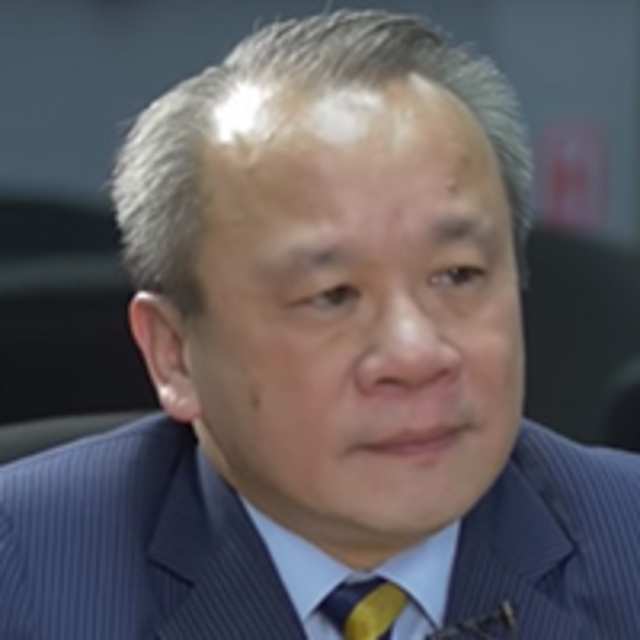
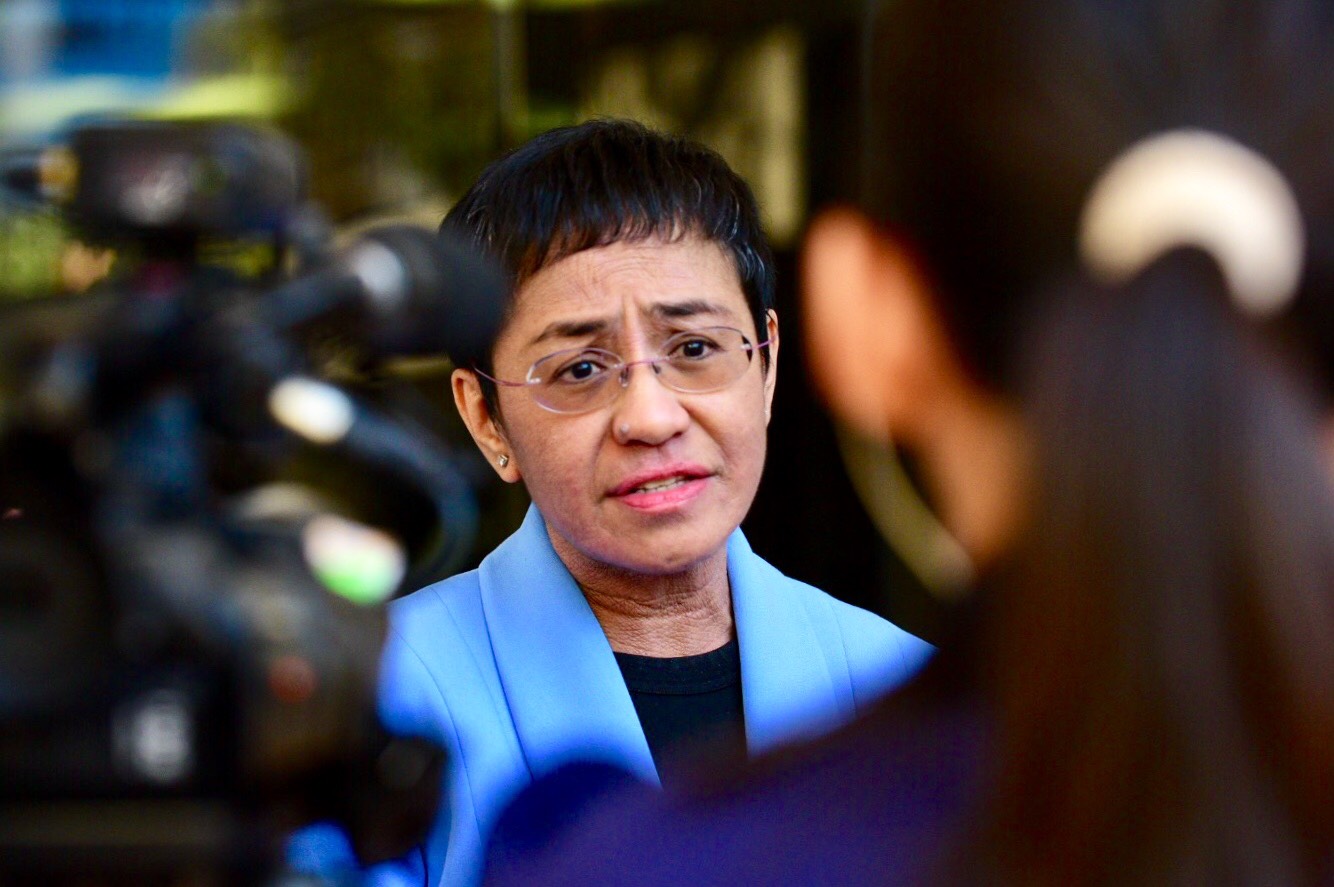
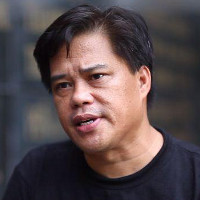
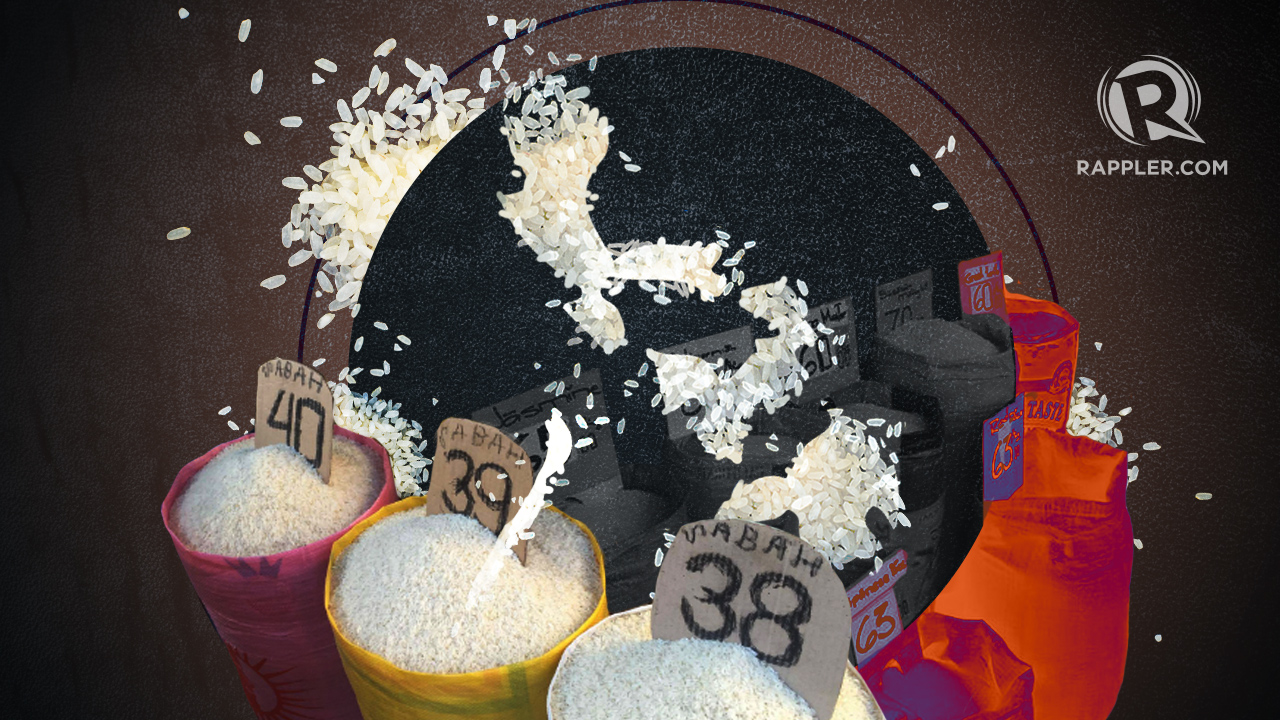

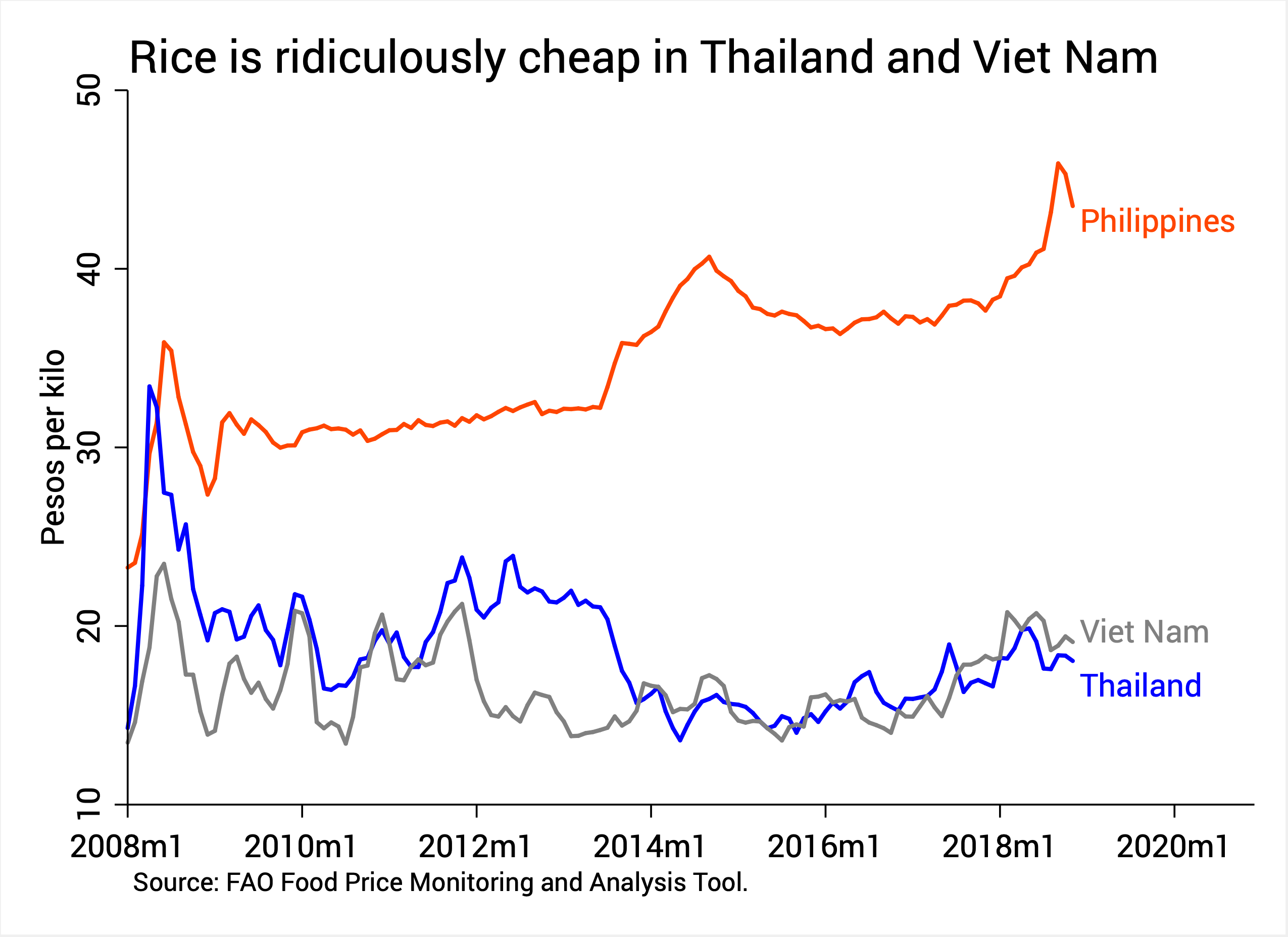

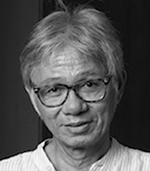

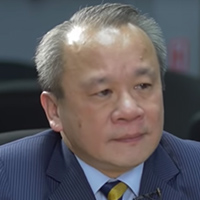

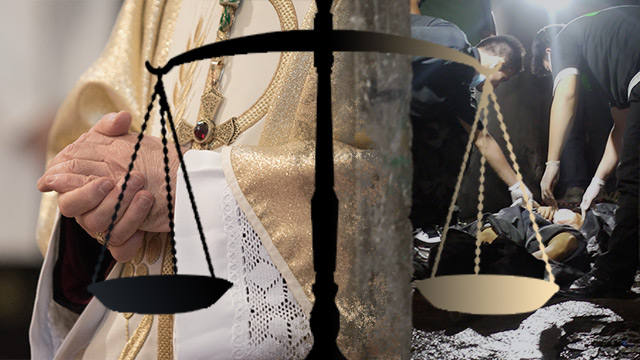
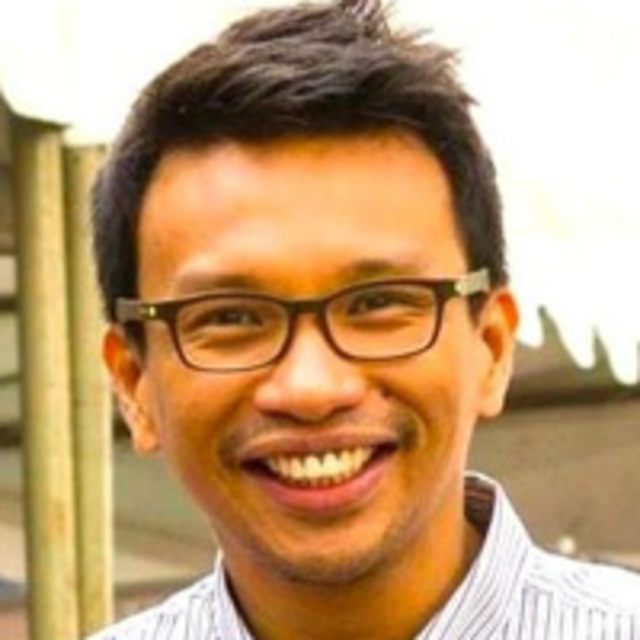

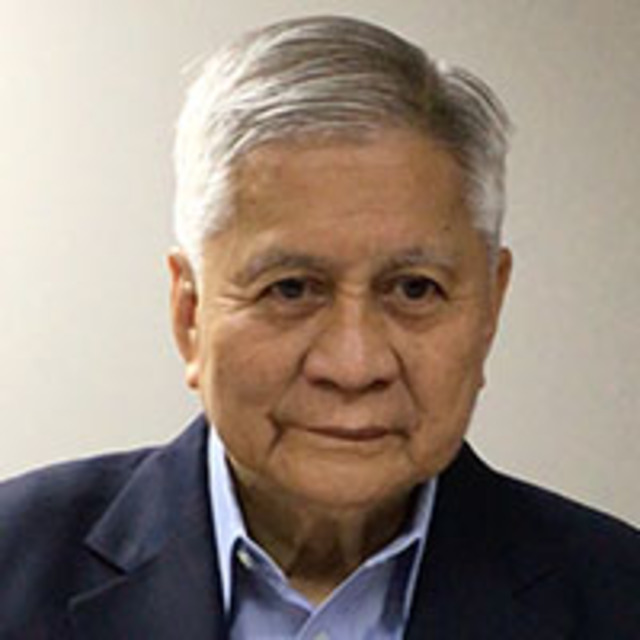
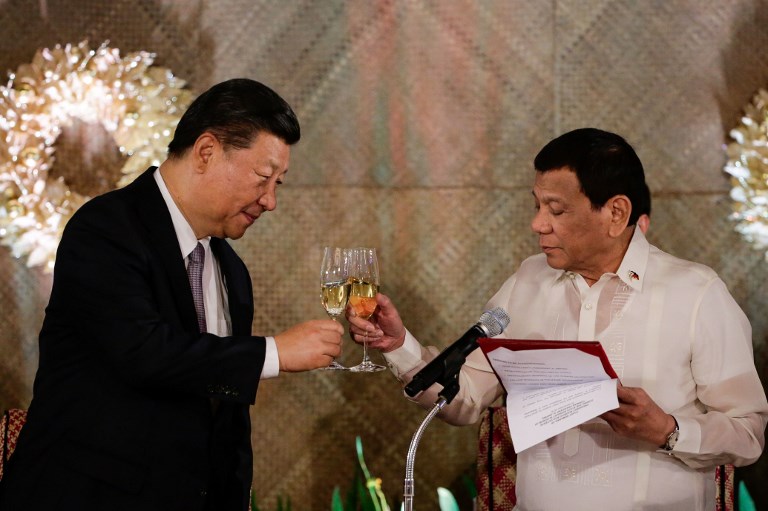


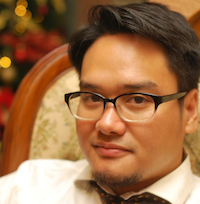

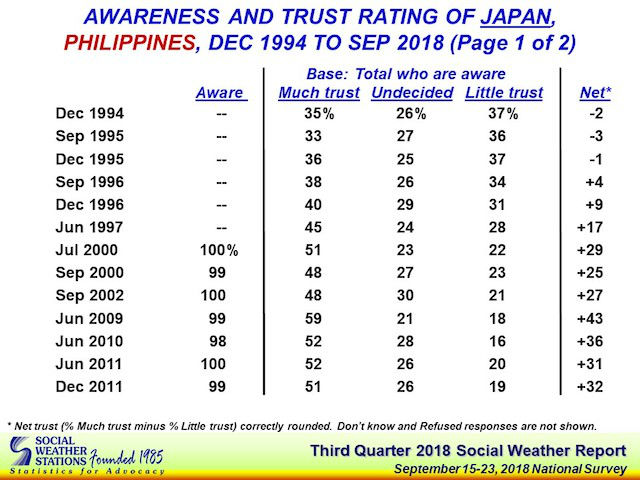

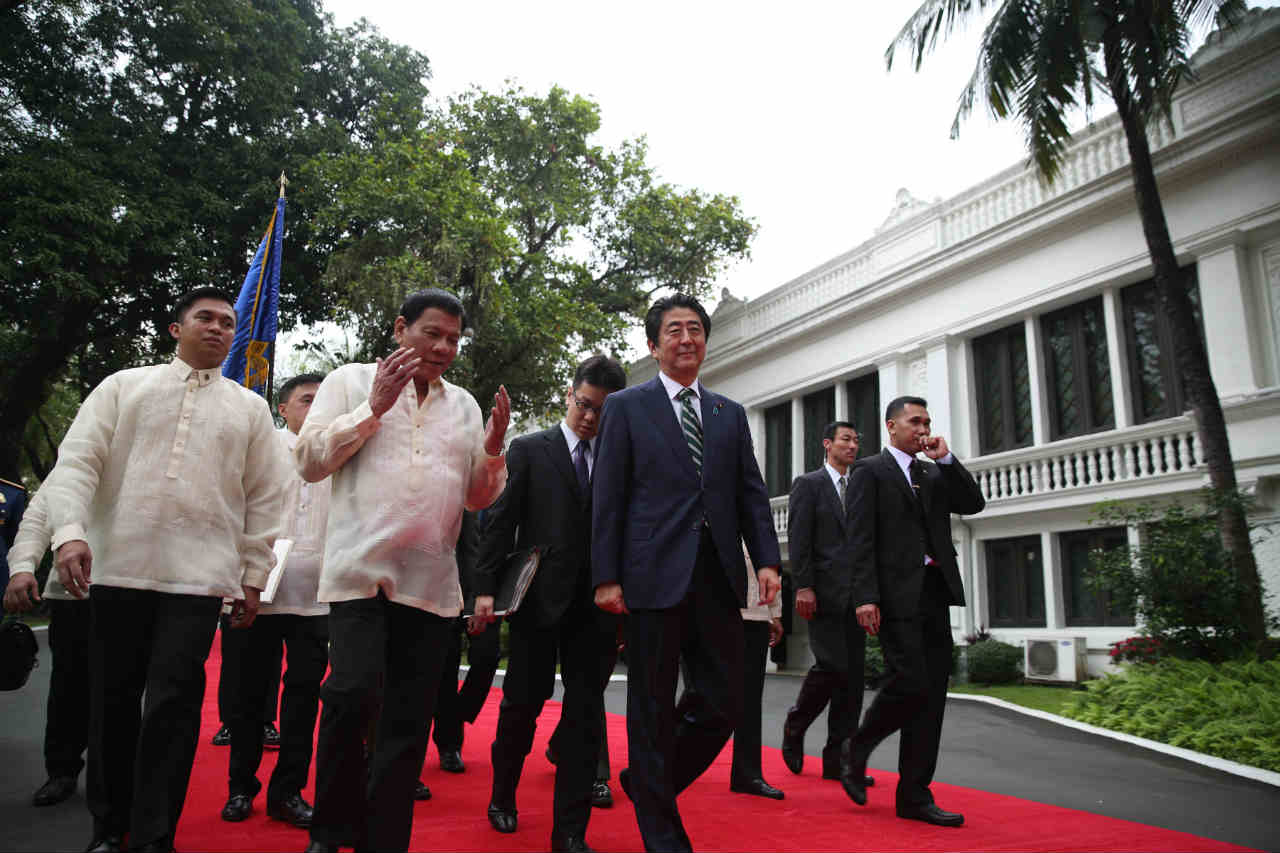








 This morning, a US Air Force plane bearing 3 historic bells from San Lorenzo de Martir Church in Balangiga will land at Villamor Air Force Base. These bells were taken 117 years ago; later today it will be my honor to return them.
This morning, a US Air Force plane bearing 3 historic bells from San Lorenzo de Martir Church in Balangiga will land at Villamor Air Force Base. These bells were taken 117 years ago; later today it will be my honor to return them.
